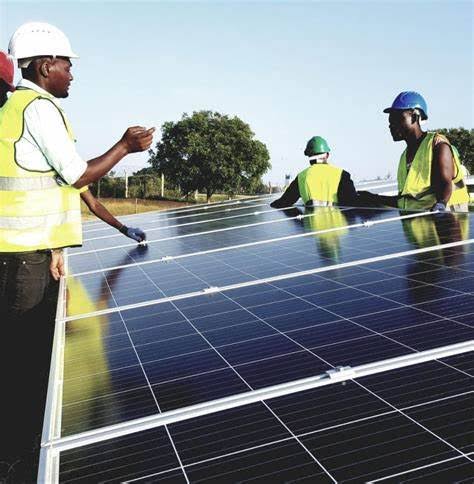A proposed federal government ban on solar panel imports could jeopardize Nigeria’s clean energy future, energy expert Deborah Fadeyi has warned.
The policy, aimed at boosting local manufacturing, has sparked concerns among developers, who say it may lead to soaring prices, halted rural projects, and a collapse in affordability for millions of Nigerians.
Fadeyi, the founder of Vector Energy — a solar company operating in over 20 states — told TheCable that the move is premature and risks reversing recent gains in Nigeria’s renewable energy sector. “The demand is enormous, but local production can’t meet even a fraction of it,” she said. “We’re setting ourselves up for a supply crisis.”
With Nigeria targeting 10 gigawatts of solar capacity by 2030, industry players argue that cutting off imports would cripple growth. Fadeyi revealed that the only operational solar panel manufacturing facility in Lagos produces less than 20 megawatts annually. “That’s nowhere near what we need,” she said.
Beyond production limitations, Fadeyi pointed to affordability concerns. Her company partners with banks to offer long-term installment payments, a model that depends on stable panel prices. “If prices spike — and they will — we lose that structure, and customers are priced out,” she explained. “This policy will hit low-income communities the hardest.”
She also challenged the assumption that local production automatically benefits the economy, noting Nigeria’s lack of infrastructure and reliable electricity. “Solar manufacturing is energy-intensive. Countries like China keep costs low using cheap coal power. We don’t have that advantage,” she said.
Rather than imposing bans, Fadeyi urged the government to explore strategic partnerships. She advocated for refining critical minerals locally and trading them for affordable solar products from countries with established industries. “It’s not dependency; it’s smart value exchange,” she said.
She warned that unless the policy is paused and reviewed, the consequences could be severe. “Businesses will shut down, investor confidence will drop, and clean energy access — especially in rural areas — will be pushed further out of reach,” Fadeyi said. “We can’t afford to get this wrong.”

